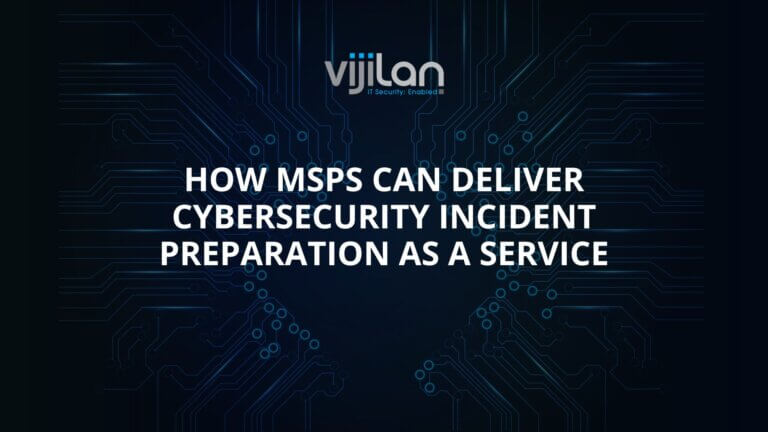How To Detect Log4j Exploits That Lead To Ransomware
The recent Log4j vulnerability has taken the cybersecurity world by storm. This vulnerability affects the Apache Logging Services Project’s Log4j library, which is used in a wide range of Java-based applications. Attackers can exploit this vulnerability to remotely execute arbitrary code and take control of vulnerable systems. This can result in data breaches, ransomware attacks, and other forms of cybercrime. In this blog post, we will discuss how Vijilan Security services can help organizations detect Log4j exploits that lead to ransomware attacks.
Understanding the Log4j Vulnerability
The Log4j vulnerability, also known as CVE-2021-44228, is a critical vulnerability that affects Log4j versions 2.0 to 2.14.1. This vulnerability allows attackers to execute arbitrary code remotely by sending specially crafted requests to vulnerable systems. The Log4j vulnerability can be exploited through several vectors, including email, web requests, and other communication channels.
Detecting Log4j Exploits
To detect Log4j exploits, organizations must monitor their systems for suspicious activity. Vijilan Security services offer several tools and techniques that can help organizations detect Log4j exploits, including:
- Network Traffic Analysis – Network traffic analysis can help detect suspicious network activity that may indicate a Log4j exploit. This can include unusual traffic patterns or network connections to known malicious IPs or domains.
- Endpoint Detection and Response (EDR) – EDR solutions can detect and alert on suspicious activities on endpoints, such as unauthorized access attempts or the execution of suspicious files. This can help identify and isolate compromised endpoints.
- Log Analysis – Log analysis can help detect suspicious activities by monitoring logs for anomalous behavior. In the case of Log4j exploits, log analysis can detect requests containing the Log4j payload, which can be used to trigger further investigation.
- Threat Intelligence – Threat intelligence can help organizations stay up-to-date with the latest Log4j exploits and attack vectors. This can help organizations proactively identify and respond to potential threats.
Mitigating Log4j Exploits
Organizations must take immediate action to mitigate Log4j exploits. This includes:
- Applying Patches – The Log4j vulnerability has several patches available to address the issue. Organizations should immediately apply the relevant patches to all affected systems.
- Blocking Traffic – Organizations can block traffic from known malicious IPs and domains to prevent Log4j exploits from being triggered.
- Educating Users – Organizations should educate users on the risks associated with Log4j exploits and encourage them to be vigilant when opening emails or clicking on links.
Conclusion
In conclusion, the Log4j vulnerability is a critical security issue that organizations must address immediately. Vijilan Security services can help organizations detect Log4j exploits and prevent ransomware attacks by monitoring network traffic, analyzing logs, and providing threat intelligence. By taking proactive steps to detect and mitigate Log4j exploits, organizations can protect themselves against cybercriminals and prevent costly data breaches and ransomware attacks.




